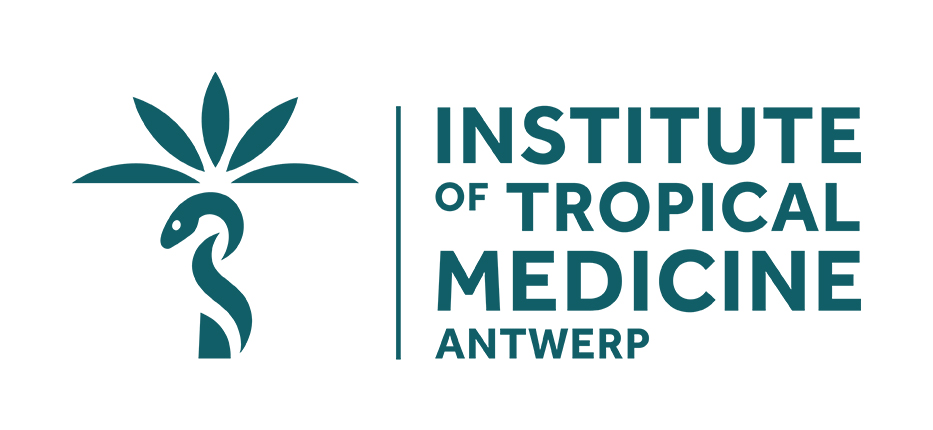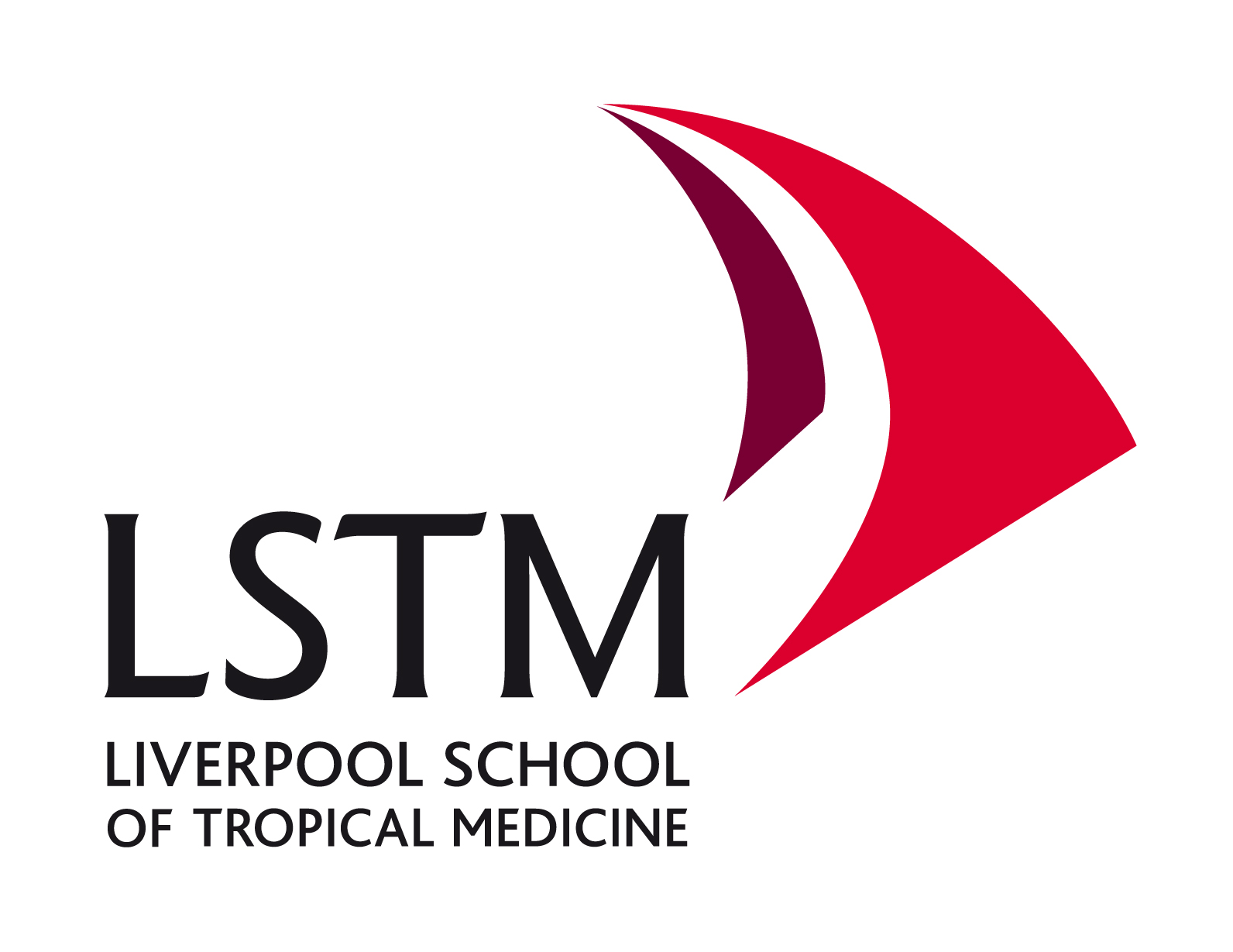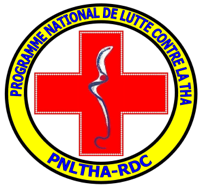Collaborators
National Sleeping Sickness Programmes:
We work closely with several National Sleeping Sickness Programmes and other research and implementation groups working on diagnostics, drugs, and entomology. We utilise data directly shared through National Programmes and research projects and human case data from the WHO HAT Atlas.
Chad
Following a peak in 2002 there has been a significant decline in reported gHAT cases in Chad. The country made substantial progress through the medical interventions of active and passive screening. This success was further accelerated by the introduction of vector control and improved passive screening in the Mandoul focus since 2014 - this focus was known to be the highest transmission area in Chad. The achievements of the national programme (PNLTHA-Chad), led by Dr Peka Mallaye, and their implementing partners have been quantified by members of the HAT MEPP team through modelling.
Despite this, challenges remain before Chad is eligible to claim gHAT elimination has been achieved.
Mandoul is not the only focus in Chad. Moissala and Maro have comprised 19-54% of Chad’s cases in the previous five years. Maro is a relatively new focus with an influx of refugees, and so the challenges there are different to Mandoul, where protecting the gains may be easier. On-going modelling work in these areas (Maro and Moissala) will assess projections.
Read more about the collaborative modelling work by PNLTHA-Chad and HAT MEPP here
DRC
Whilst cases of gHAT have been falling considerably across the last two decades, DRC has a proportionally high case burden, with around 70% of global cases. The HAT MEPP team have focused much of their attention on model fitting and projections for this vast country to support the national programme of DRC (PNLTHA-DRC), led by Dr Erick Mwamba Miaka. PNLTHA-DRC and their implementing partners have been performing detection and treatment of cases across the country's endemic areas through fixed health facilities (passive screening) and mobile teams (active screening).
In recent years large-scale vector operations have also be deployed in some of the highest prevalence regions of DRC. The HAT MEPP team have been working to assess the impact of past interventions in this country and make projections for the future under a range of different strategies.
Read more about the collaborative modelling work by PNLTHA-DRC and HAT MEPP here
Uganda
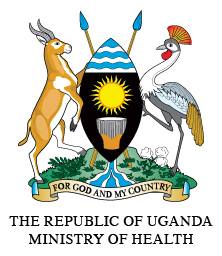
In Uganda, seven gHAT endemic districts are located in the north of the country. Since 2000 cases have fallen from relatively high burden to very low case reporting in recent years.
The national control programme, led by Dr Charles Wamboga, has performed a combination of medical interventions and, since late 2011, vector control was gradually scaled up across all districts. Between 2018 to 2020 only four Ugandan cases were reported across the districts with two additional cases being imported from South Sudan and diagnosed in Uganda. With Uganda on the cusp of elimination, are the current interventions sufficient to maintain the gains.
Work in progress!
Guinea
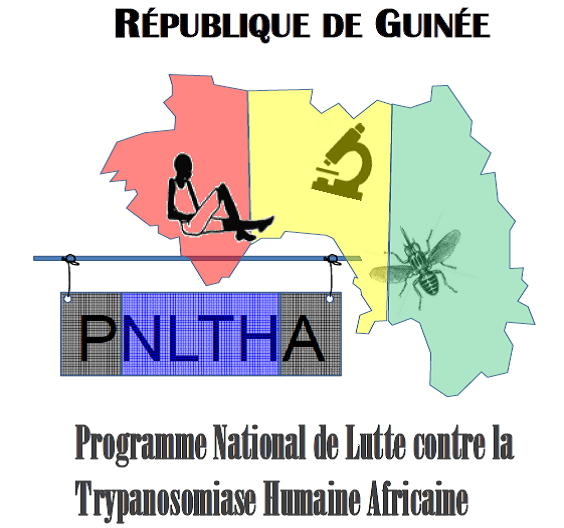
The HAT MEPP team are working with PNLTHA-Guinea, led by Dr Mamadou Camara, and IRD to quantify the impact of Ebola on case detection rates and transmission during the 2014-2016 West African outbreak, as well as quantify the effect of reinforced strategies post-Ebola (including reinstatement of screening activities and expansion of vector control into areas not covered previously).
Future predictions for transmission and case reporting will be made under a range of strategies and these will be used to assess cost-effectiveness of the different options.
Work in progress!Côte d'Ivoire
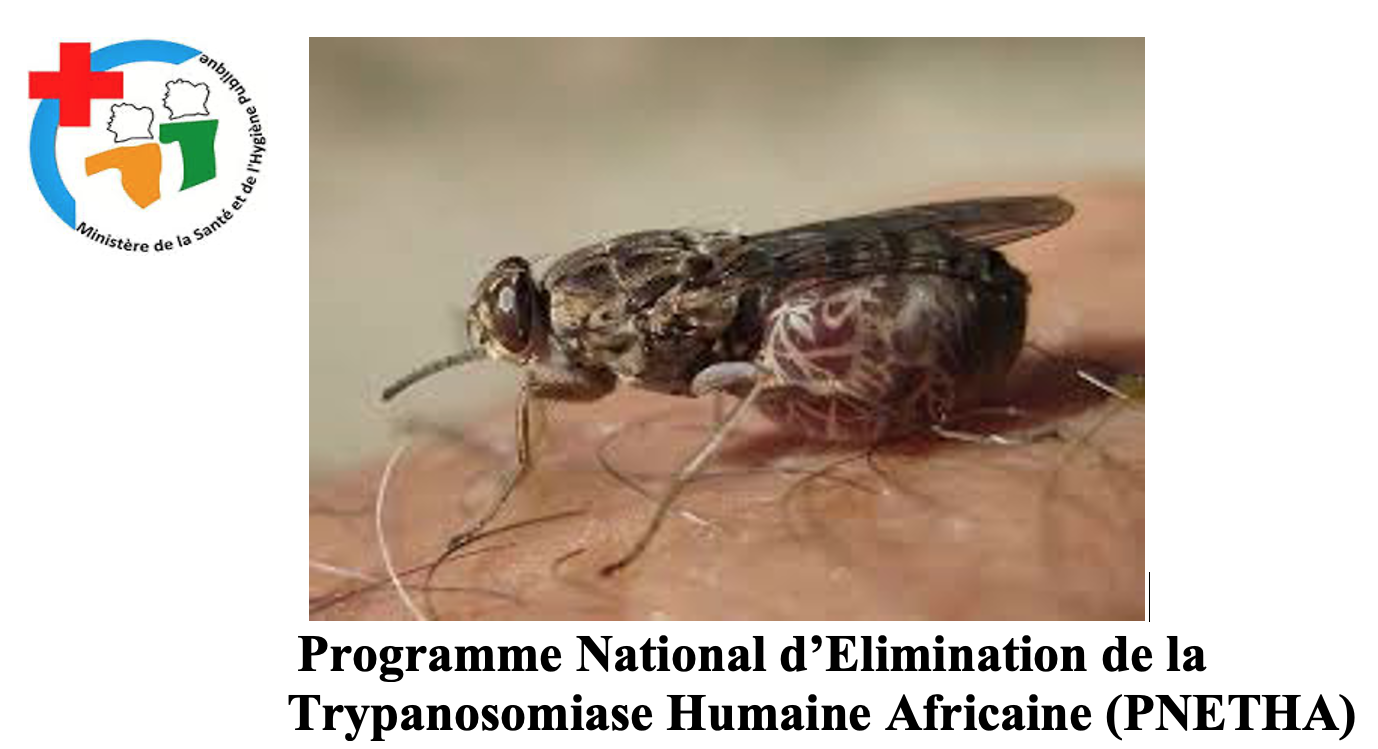
Before 2001 there were more than 100 gHAT cases reported each year in the Ivory Coast. Since 2012, cases have declined to single figures.
Passive screening identified the small number of reported cases in the endemic foci. This led to active screening being replaced by reactive screening following passive case detection. HAT MEPP are working with the PNETHA-Côte d'Ivoire, led by Dr Lingue Kouakou, and IRD to assess the impact and cost-effectiveness of this and other future strategies to achieve elimination of transmission.
Read more about the collaborative modelling work by PNETHA and HAT MEPP here
Research Partners


